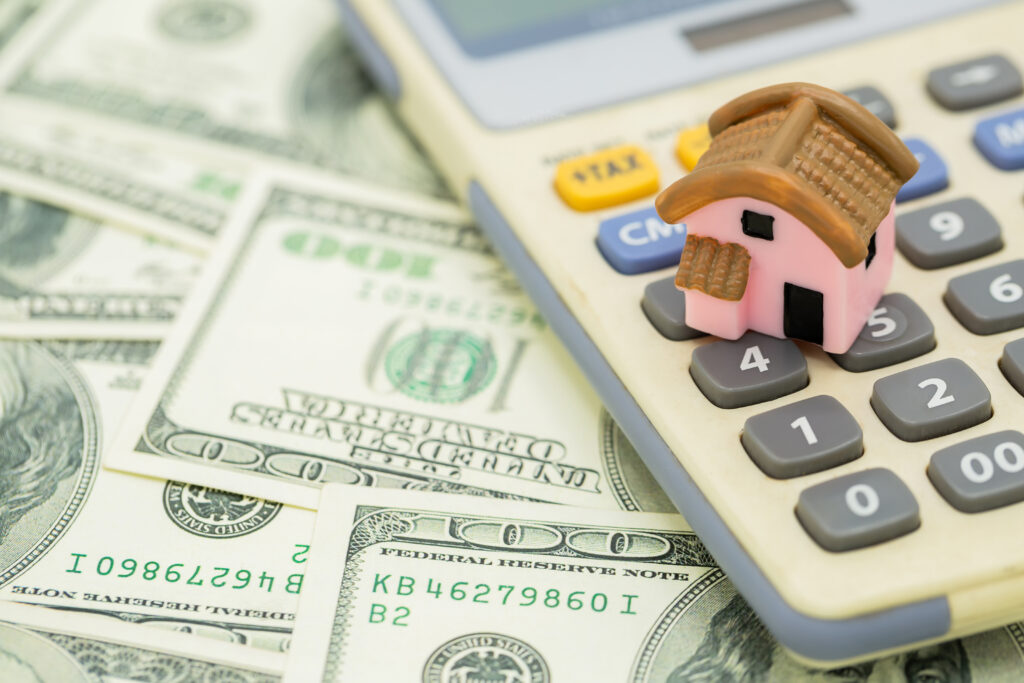
Are you in the market for a new home? Before you dive in headfirst, it’s essential to understand the ins and outs of property taxes. Property taxes can significantly impact the overall cost of owning a home, and it’s crucial to understand what you’re getting into before you sign on the dotted line.
Let’s start with the basics. Property taxes are taxes that homeowners pay on the value of their property. These taxes go towards funding essential services like schools, police and fire departments, and public works projects. Property taxes are calculated based on the assessed value of the property, which is determined by local government officials. The higher the property’s assessed value, the higher the property tax bill.
Here in Florida, property taxes are based on the value of the property as of January 1st of each year. The taxes are due on March 31st of the following year, and if they’re not paid on time, interest and penalties will accrue. It’s important to note that property taxes can increase or decrease over time, depending on changes in the property’s assessed value or changes to local tax rates.
When buying a home, it’s crucial to understand the property tax implications of your purchase. If you’re purchasing a new home, you can expect to pay property taxes based on the property’s assessed value at the time of purchase. However, if you’re purchasing an older home, you may be subject to higher property taxes due to the home’s appreciated value over time. It’s essential to factor these costs into your overall budget and ensure that you can afford them before making a final decision.
In addition to understanding the overall cost of property taxes, it’s also important to understand how they’re calculated. In Florida, property taxes are calculated based on the property’s assessed value multiplied by the millage rate. The millage rate is the amount of tax that’s charged per $1,000 of the assessed value of the property. For example, if the millage rate is 10 and the property’s assessed value is $200,000, the property tax bill would be $2,000.
It’s also important to note that some exemptions and deductions are available for homeowners in Florida. For example, a homestead exemption allows homeowners to reduce the assessed value of their property by up to $50,000, which can significantly lower their property tax bill. There are also exemptions available for seniors, disabled veterans, and other qualifying individuals.
In conclusion, property taxes are an essential part of homeownership in Florida, and it’s crucial to understand how they work before making a purchase. By understanding the basics of property taxes, how they’re calculated, and any available exemptions, you can ensure that you’re making an informed decision and can budget accordingly. Happy house hunting!


Leave a Reply